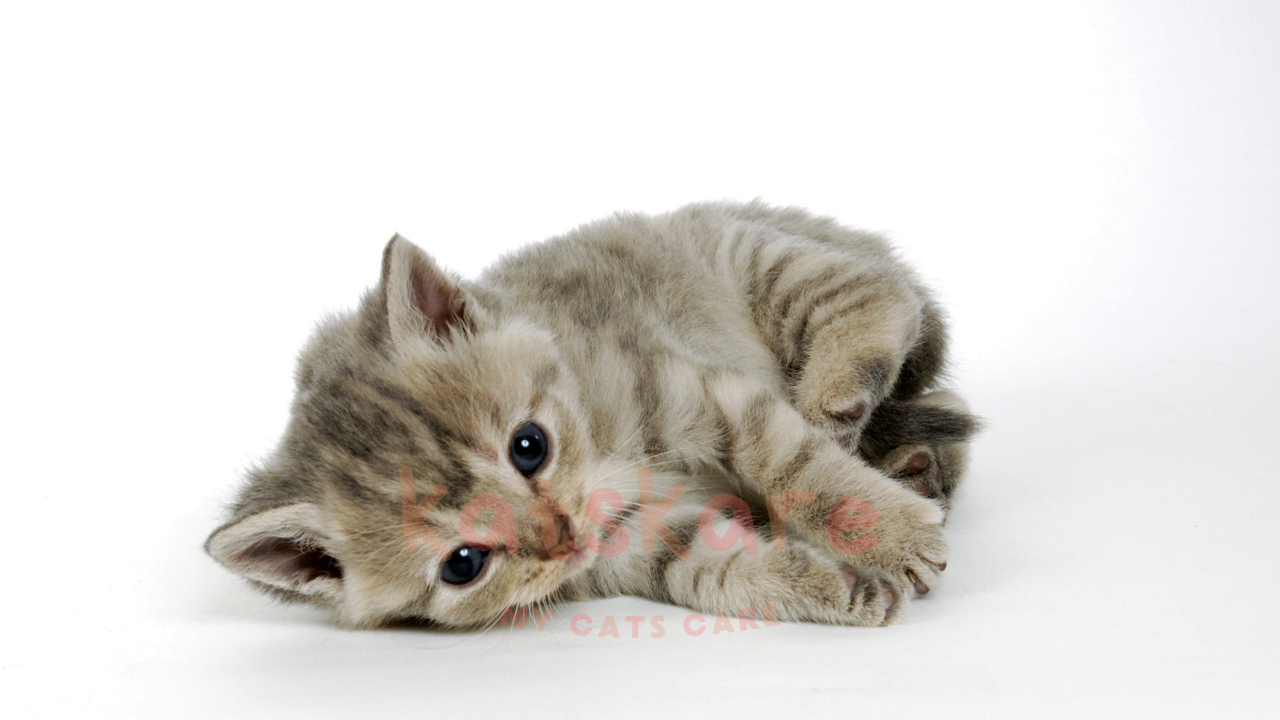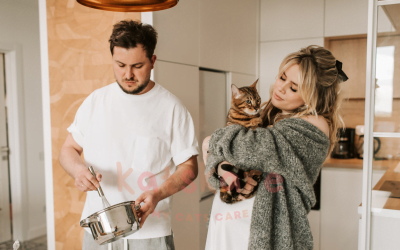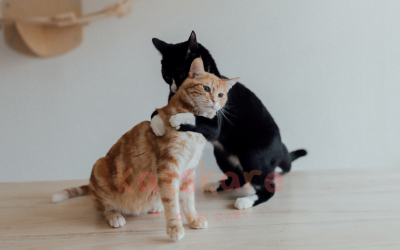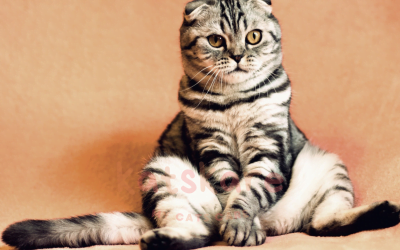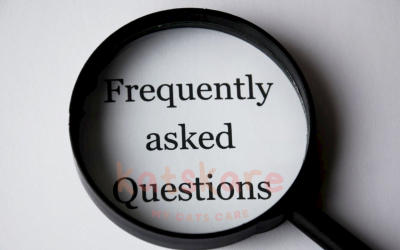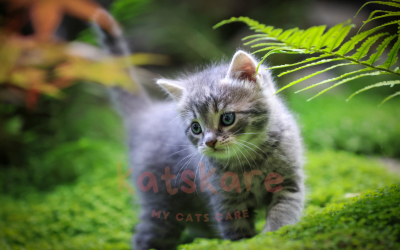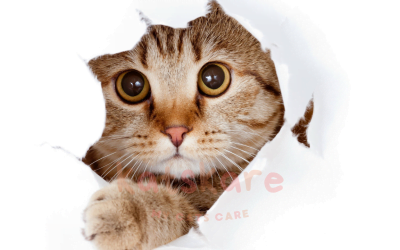Signs of Dehydration in Kittens and Cats
Introduction:
Welcome to My KatsKare, where we prioritize the health and well-being of our feline friends. As responsible cat owners, it’s essential for us to be aware of signs that indicate dehydration in kittens and cats. Dehydration can lead to serious health issues if not addressed promptly. In this article, we will discuss common symptoms you should look out for so you can take immediate action.
1. Lethargy or Weakness:
One telltale sign that your kitten or cat may be dehydrated is a noticeable lack of energy or enthusiasm. If they seem unusually tired or weak compared to their usual behavior, it could indicate dehydration.
2. Dry Mouth and Gums:
Check your pet’s mouth regularly by gently lifting their lips (if they allow). Healthy gums are moist with a pinkish coloration; however, dehydrated cats often have dry gums due to reduced saliva production.
3. Loss of Appetite:
A sudden decrease in appetite might suggest that something isn’t right with your furry friend’s hydration levels as well as overall wellbeing.
4. Sunken Eyes:
Dehydration causes fluid loss throughout the body including around the eyes which leads them looking sunken
5. Poor Skin Elasticity:
Another way you can check for possible dehydration is by performing a simple skin elasticity test on your kitty. Carefully lift some loose skin at her shoulder blades then let go. If she’s properly hydrated, the skin should quickly snap back into place. But if she’s dehydrated, it’ll return slowly, sometimes even forming tent-like shape before settling down again.
6. Changes in Urination Patterns:
Keep an eye on any changes related urinating habits .If there has been no urine output within 24 hours ,or very little amount produced, this indicates severe dehydration .
Conclusion:
As loving cat owners who want nothing but the best for our furry companions, it’s crucial to be vigilant when it comes to their hydration levels. If you notice any of the signs mentioned above or suspect that your cat may be dehydrated, consult a veterinarian immediately for proper diagnosis and treatment.
Remember, prevention is key! Ensure fresh water is always available for your cats and encourage them to drink regularly. Regular vet check-ups are also essential in maintaining optimal health for our feline friends. Stay tuned on My KatsKare blog as we continue sharing valuable tips and advice on how to keep our beloved pets happy, healthy, and hydrated!
Disclaimer:
The information provided in this article is not intended as a substitute for professional veterinary advice. Please consult with a qualified veterinarian regarding any concerns about your pet’s health or well-being.

